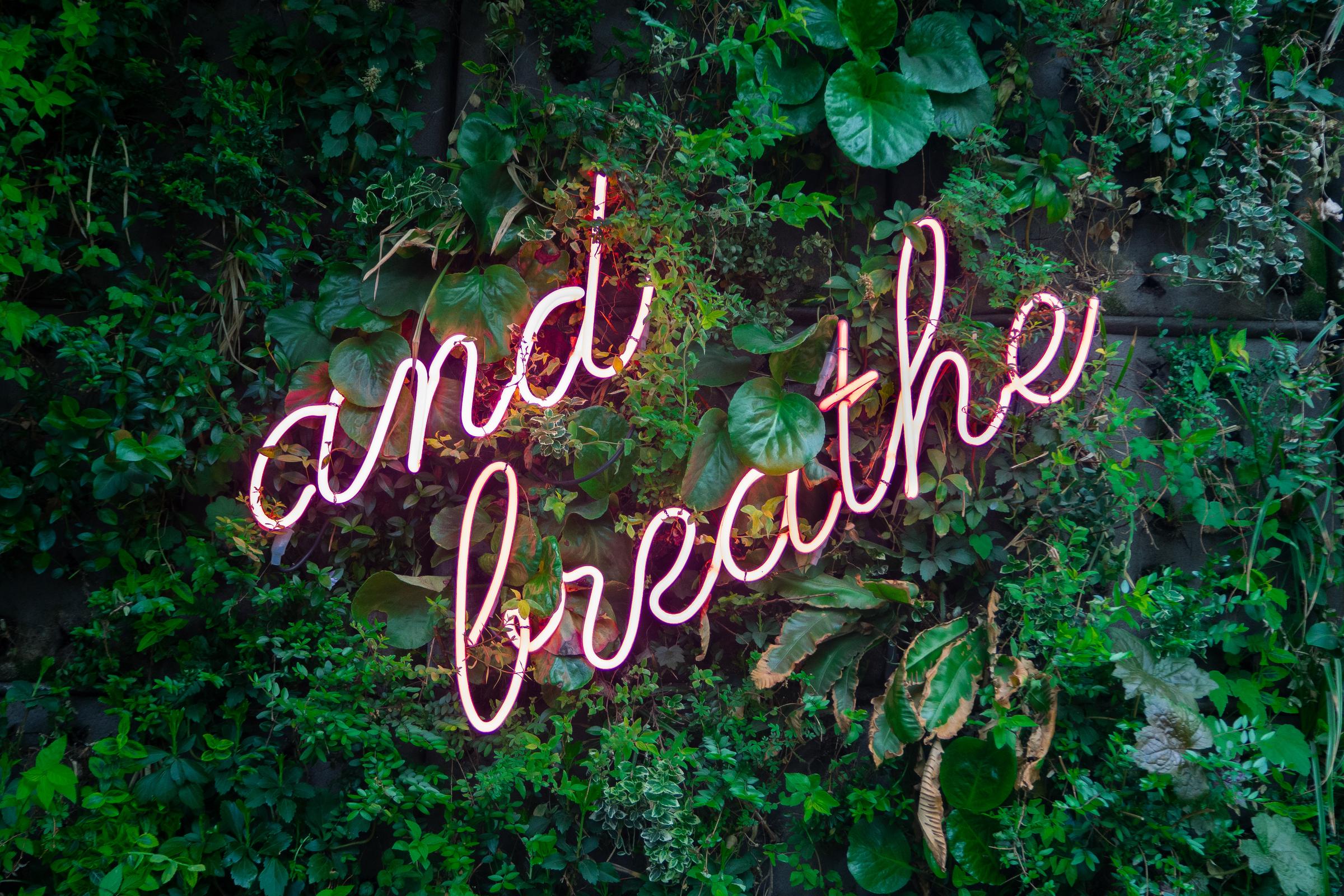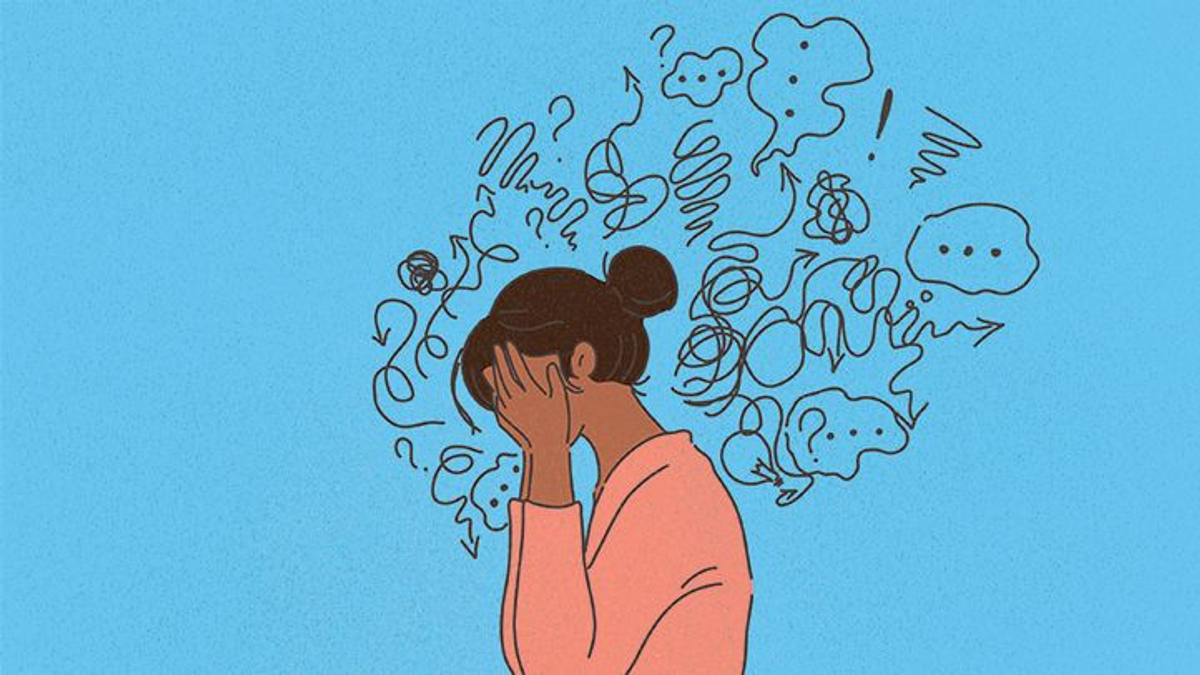Wellbeing at Homestead
Every day matters

Wellbeing at Homestead
Every day matters


What is anxiety?
Anxiety is more than feeling stressed or worried. It is a mental health disorder characterised by feelings of worry, anxiety or fear that are strong enough to interfere with one's daily activities.
Did you know?
It’s estimated that one in 14 children and young people experience anxiety.
There are a range of effective treatments and supports available, focusing on how to enable them to manage their condition.
Maybe you have heard people saying ‘I’m getting really bad anxiety’ or ‘That makes me very anxious’ but what do they exactly mean by that?
What is an anxiety disorder?
Anxiety disorders differ from normal feelings of nervousness or anxiousness and involve excessive fear or anxiety. Anxiety disorders are the most common of mental disorders and affect a lot of individuals at some point in their lives. Examples of anxiety disorders include:
Adolescence and anxiety:
During adolescence, common sources of anxiety include starting secondary school, fitting in with peers, exam stress, body image and family relationships. Worrying about these things isn’t necessarily a sign of a mental health condition. But individuals may need additional support if they experience the following:
Looking beyond behaviour to try to identify what might be underneath can help you respond with understanding. Anxiety can be difficult to spot because it presents in many ways. The important point is to notice that there’s a concern and seek further advice and assistance.
I think I have anxiety what can I do about it?


Always remember, it is not a bad thing to have anxiety, its more about finding the right methods that work for you in order to alleviate your anxiety. Support is always available, don’t hesitate to reach out!
Reminder:
Referral Form for students:
A student self-referral form is available for students to reach out to wellbeing. The student self-referral form is on compass under the star menu and is listed as ‘Jas self-referral form’. This form is for students to fill out themselves if they believe they are needing wellbeing support. Parent consent is not required for the self-referral form. Please ensure you are accurately filling out the form.
Referral Form for parents (wellbeing related):
A referral form is also available for parents to fill out for their child. The parent referral form is available on the HSSC website in which parents can make a referral for their child to the wellbeing team. Please note that this is only related to wellbeing of the student at HSSC.
-Jas Bahtia (Wellbeing Counsellor)